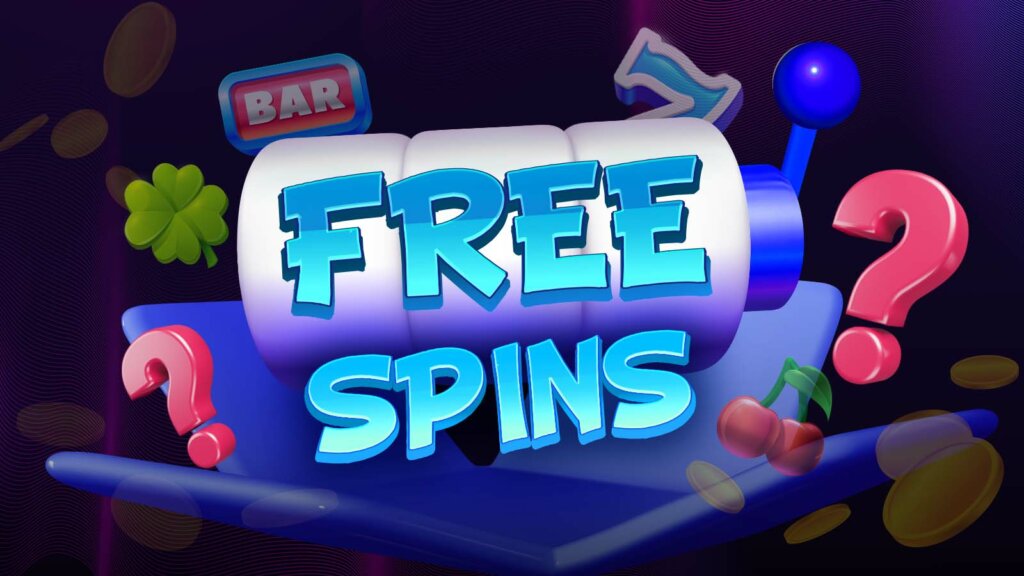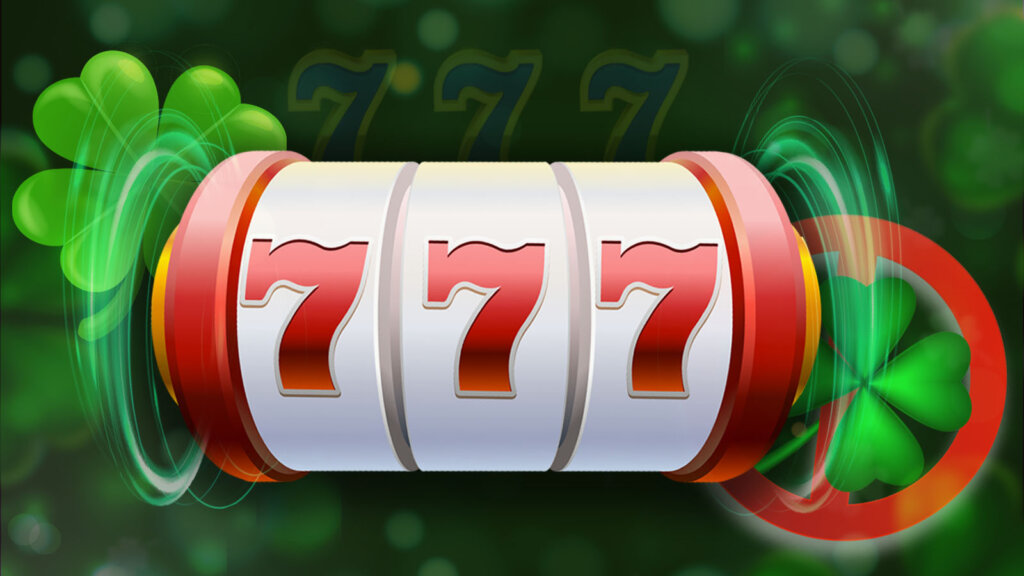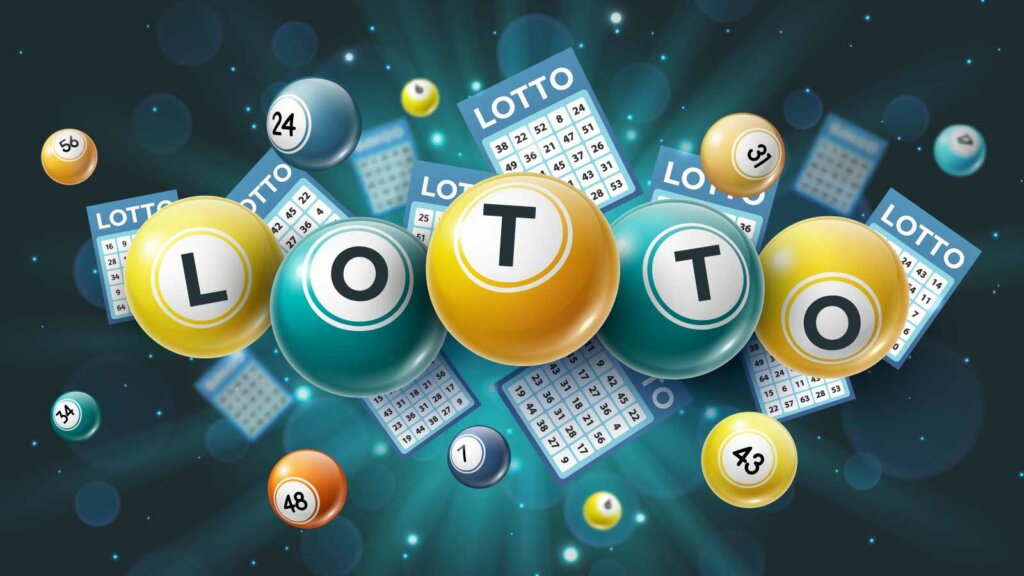
Boosting Your 1 in 13,983,816 Lottery Odds: Do More Tickets Help?
All the information in this page was checked by:
Every piece of information we present is rigorously verified by our team of experts using multiple credible sources, ensuring the highest level of accuracy and reliability.
We have paid partnerships with the online casino operators featured on our site. We may also earn commissions when users click on certain links. However, these partnerships do not affect our reviews, recommendations, or analysis. We remain impartial and committed to delivering unbiased gambling content. For more details, visit our Advertiser Disclosure page.
Have you ever wondered if buying more lottery tickets could tilt the odds of 1 in 13,983,816 in your favour? Here, we show you how buying more lottery tickets actually won’t increase your chances… by much. Find out why and understand UK lottery better than anyone else in just a few minutes with our guide below!
- How Multiple Lottery Tickets Really Impact Your Winning Odds
- The Effects of Buying Multiple Tickets in Actual Lotteries
- Lottery Odds vs. Other Gambling Games: What You Need to Know
- Additional Tips to Improve Your Lottery Winning Chances
- Leveraging Syndicates: Do Group Bets Enhance Your Lottery Odds?
- Clearing Up Myths and Misconceptions About Lottery Odds
- Embracing Technology: How Digital Platforms Are Transforming Lottery Play
- Maintaining Balance: Responsible Gambling Practices for Lottery Players
- CasinoAlpha’s Expert View to Understanding Lottery Odds
How Multiple Lottery Tickets Really Impact Your Winning Odds
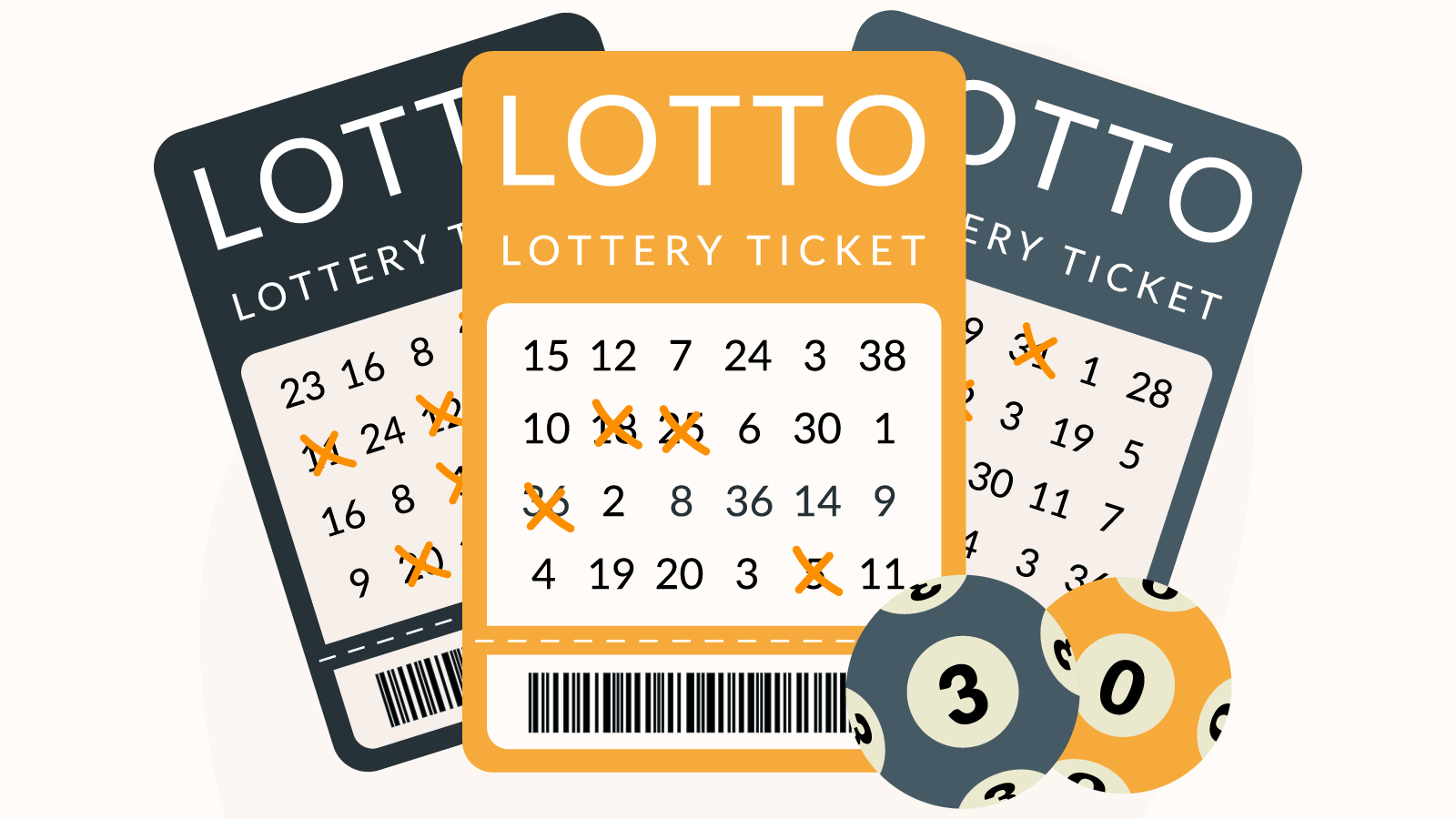
What are the Chances of Winning the Lottery?
Chances are theoretical results that tell how likely any player is to obtain the desired result, such as success in a lotto draw. The essential of all lotteries is the random extraction of a result from a multitude of possibilities. Some smaller events may use a set number of raffle tickets. If only one is pulled to determine the winner, out of, say, 500, then your chances of success are 1 in 500. However, most popular games utilise numbered balls drawn to establish the winning series.
Maths Behind Your Chances of Winning the Lottery
Lotto outcomes are governed by evenly distributed probability variables. This fact means that all results are just as likely to come up.
Case Study: Coin Flipping
You can organise the simplest (theoretical) lotteries based on a coin flip. Heads are just as likely to come up as tails, both having probability of ½, 0.5, or 50%. Notations are interchangeable. Now, consider a game of chance where you wager on the outcome of 20 coins being flipped. This is equivalent to wagering on each coin flip in turn and always guessing right. There are 1048576 possible outcomes by the end. Thus, the likelihood is 1 in 1048576.
Odds Decrease Quickly Depending on the Number of Coins
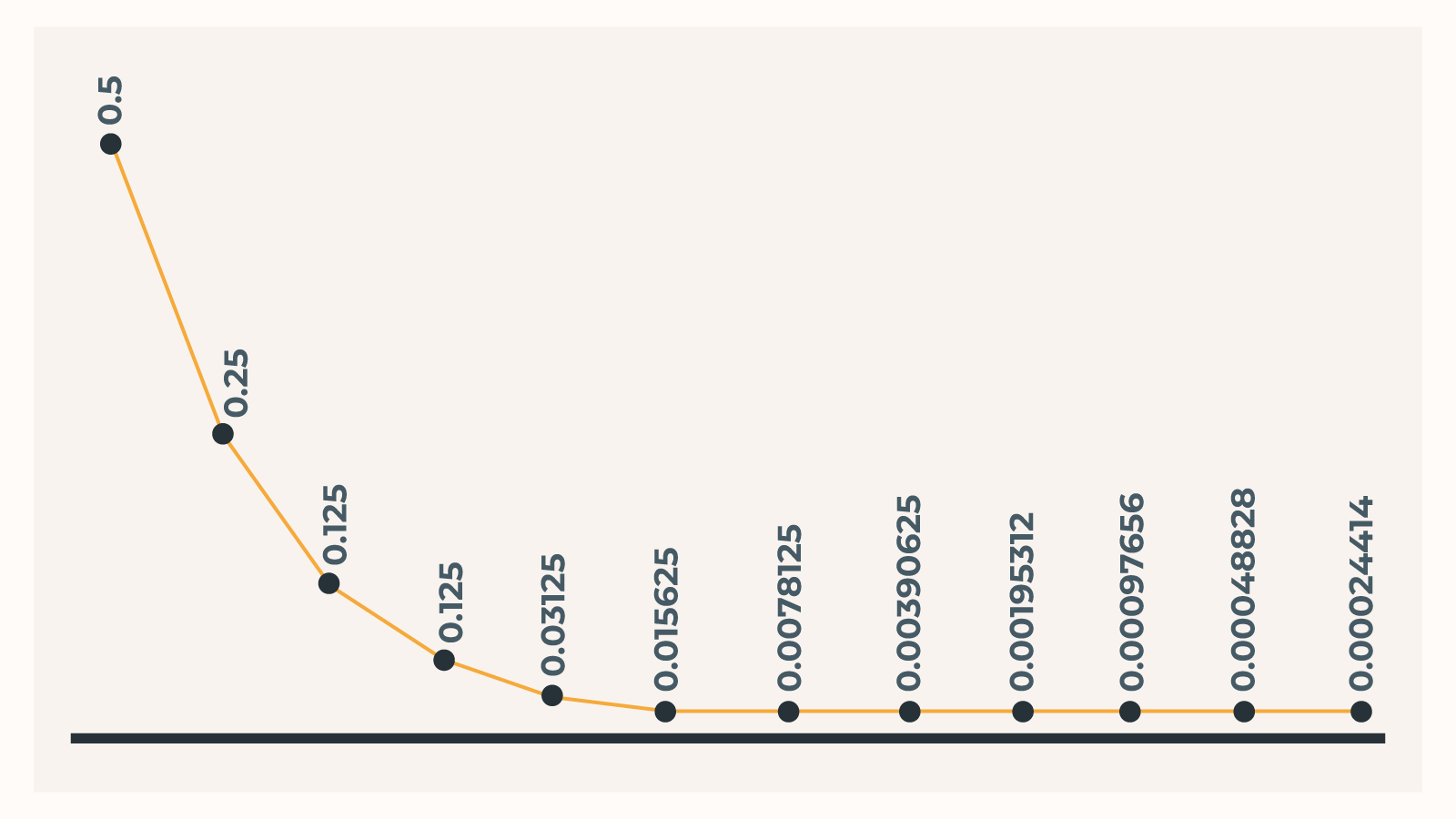
The Effects of Buying Multiple Tickets in Actual Lotteries
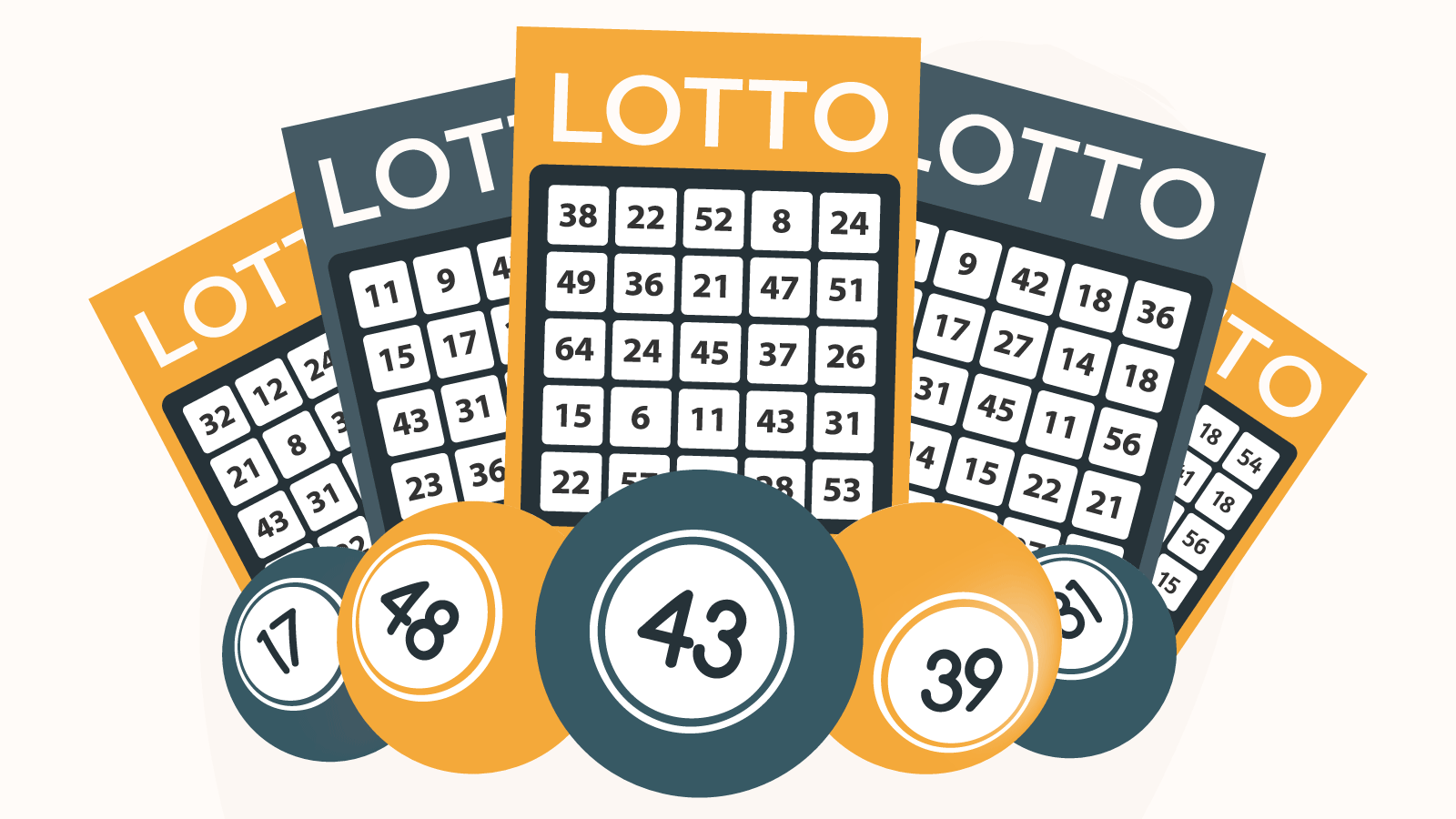
Is it Better to Buy Separate Lottery Tickets?
Theoretically, yes, especially if you select different spots. This approach will allow you to cover more outcome possibilities and eventually get a return for your tickets overall.
To What Extent Does Buying Multiple Lottery Tickets Increase Your Odds?
When you buy several tickets, your chances of having a winning combination grow, but linearly – this increase is not vertiginous enough to affect the game considerably. This fact is because, after the draw, the first ticket will be correct, or the other. While you won’t get a big chance at the big jackpot, your overall purchase price expenses will also increase.
Example: How Does Buying More Tickets Increase Odds for 6 out of 49?
- For two tickets bought, the chances are 2 in 13983816.
- For three tickets bought, the odds are 3 in 13983816.
- For the four tickets bought, they are 4 in 13983816.
- And so on”¦
As you may guess, the difference between 1 in 13983816 and 4 in 13983816 is almost unobservable. So, does buying multiple lottery tickets increase your odds? Yes, but to an irrelevant degree. More so, your chance of success is more directly governed by the version you are playing.
What Are the Chances of Winning the Lottery Across the Globe?
| Name / Country | Jackpot Win Chances | Largest Lottery Jackpot |
|---|---|---|
| Christmas El Gordo (Spain) | 1 in 100000 | €4 million |
| Mini Lotto (Poland) | 1 in 850668 | zł2 million |
| Austrian | 1 in 8145060 | €15 million |
| Irish | 1 in 10737573 | €19 million |
| Polish | 1 in 13983816 | zł57.8 million |
| French | 1 in 19068840 | €24 million |
| Quina (Brazil) | 1 in 24040016 | R$152.6 million |
| South African | 1 in 31625100 | R232 million |
| MegaSena (Brazil) | 1 in 50062860 | R$152.6 million |
| EuroJackpot | 1 in 95344200 | €90 million |
| Euromillions | 1 in 139838160 | €230 million |
| Spanish | 1 in 139838160 | €26.2 million |
| Swedish | 1 in 139838160 | kr237 million |
| 6aus49 (Germany) | 1 in 139838160 | €1-37 million |
| Powerball (US) | 1 in 292201338 | $1.59 billion |
| Mega Millions (US) | 1 in 302573350 | $1.54 billion |
| SuperEnalotto (Italy) | 1 in 622614630 | €209 million |
Although many entries are state lotteries, you can participate in most of them online, even if you are not a resident of the country.
Lottery Odds vs. Other Gambling Games: What You Need to Know
Lotteries are not the only random draw games. Online casino websites especially provide more variations on the same theme, which could be worth your time. We will look at the chances of winning the lottery versus other games.
Lotteries Vs Progressive Jackpot Slots
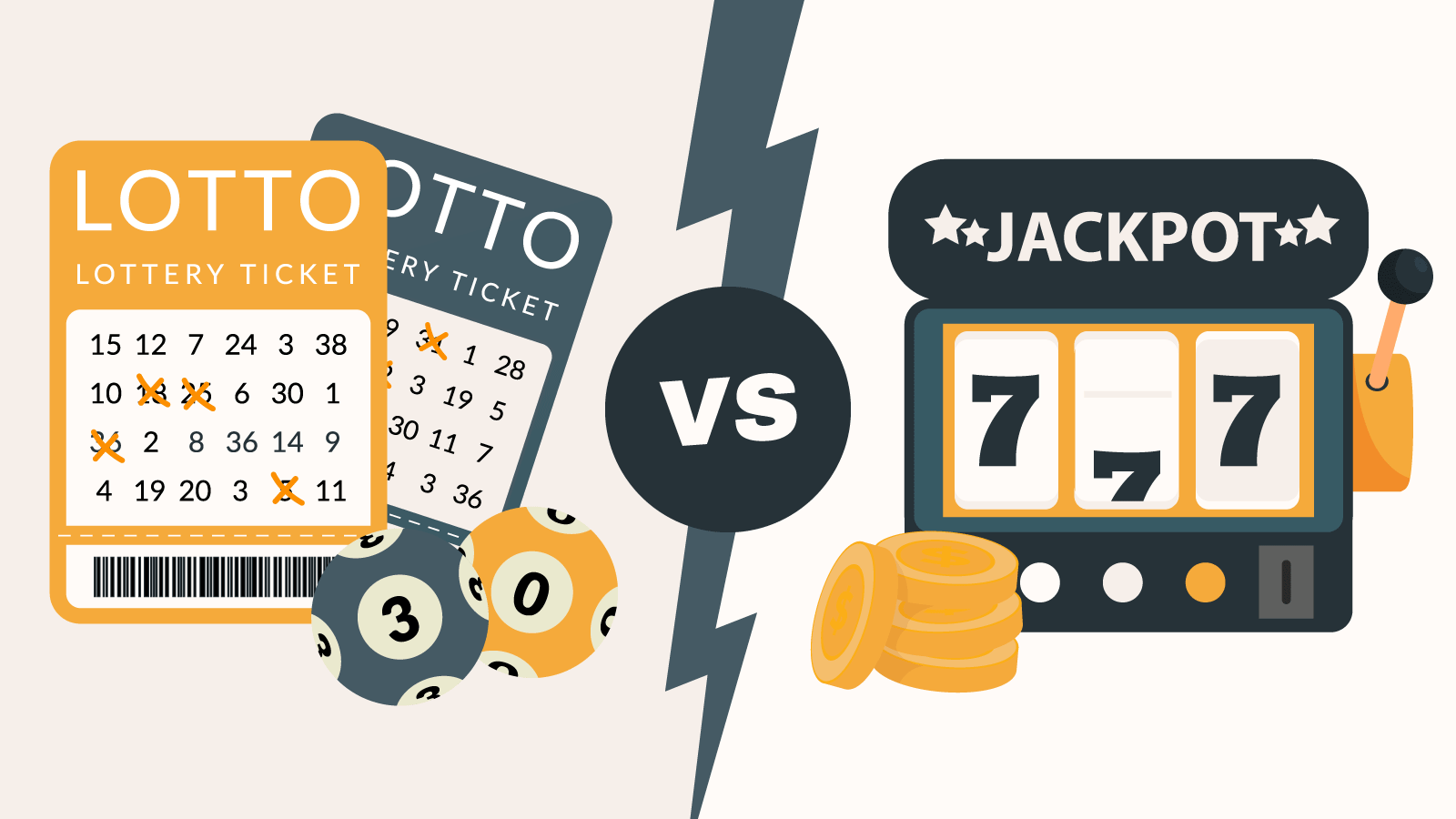
Lotteries Vs Bingo
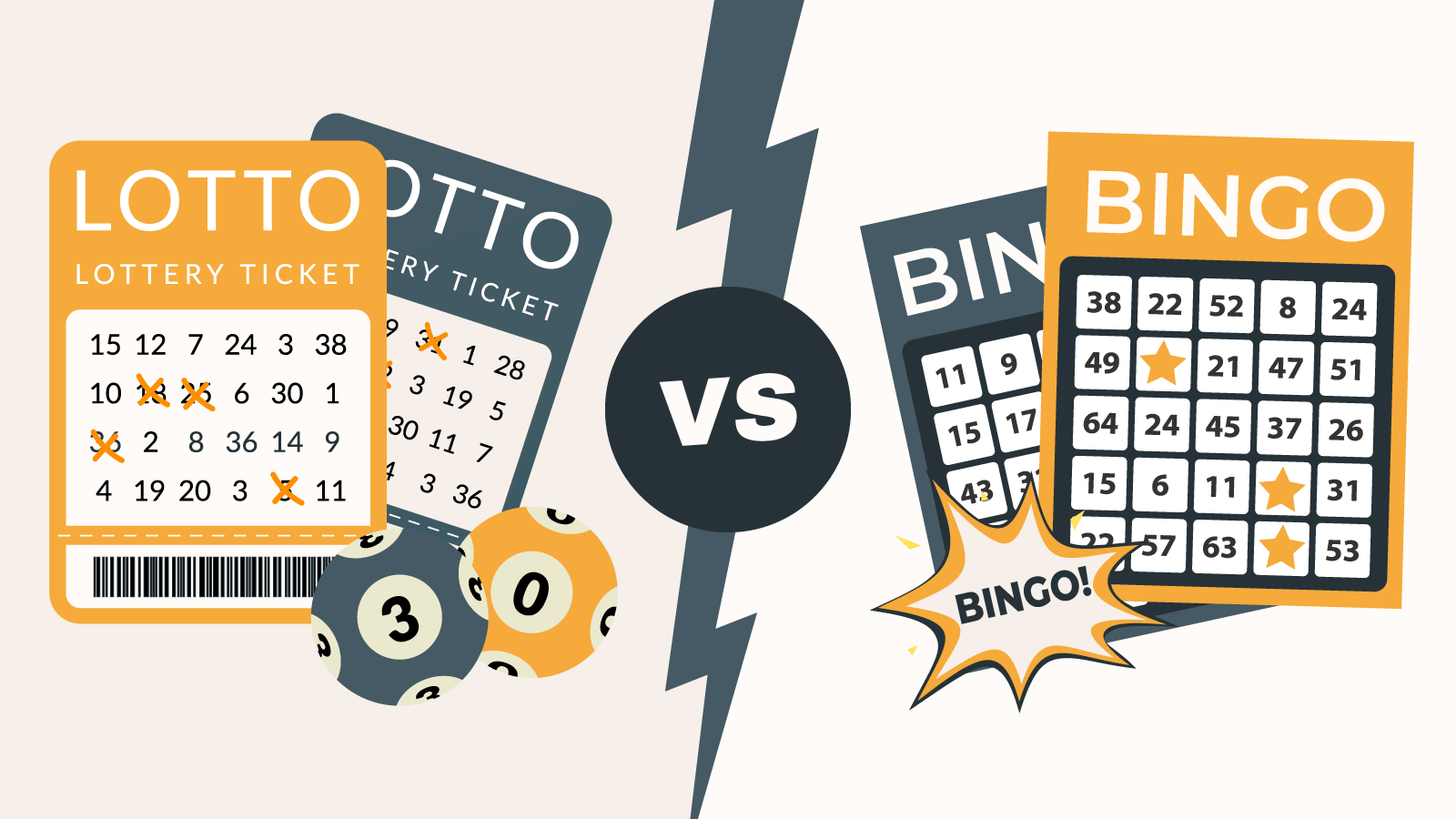
Does Buying More Tickets Increase Odds in Bingo?
By similar reasoning, your chance does get better with more tickets entered into a single raffle. However, the effect is still marginal.
Lotteries Vs Keno
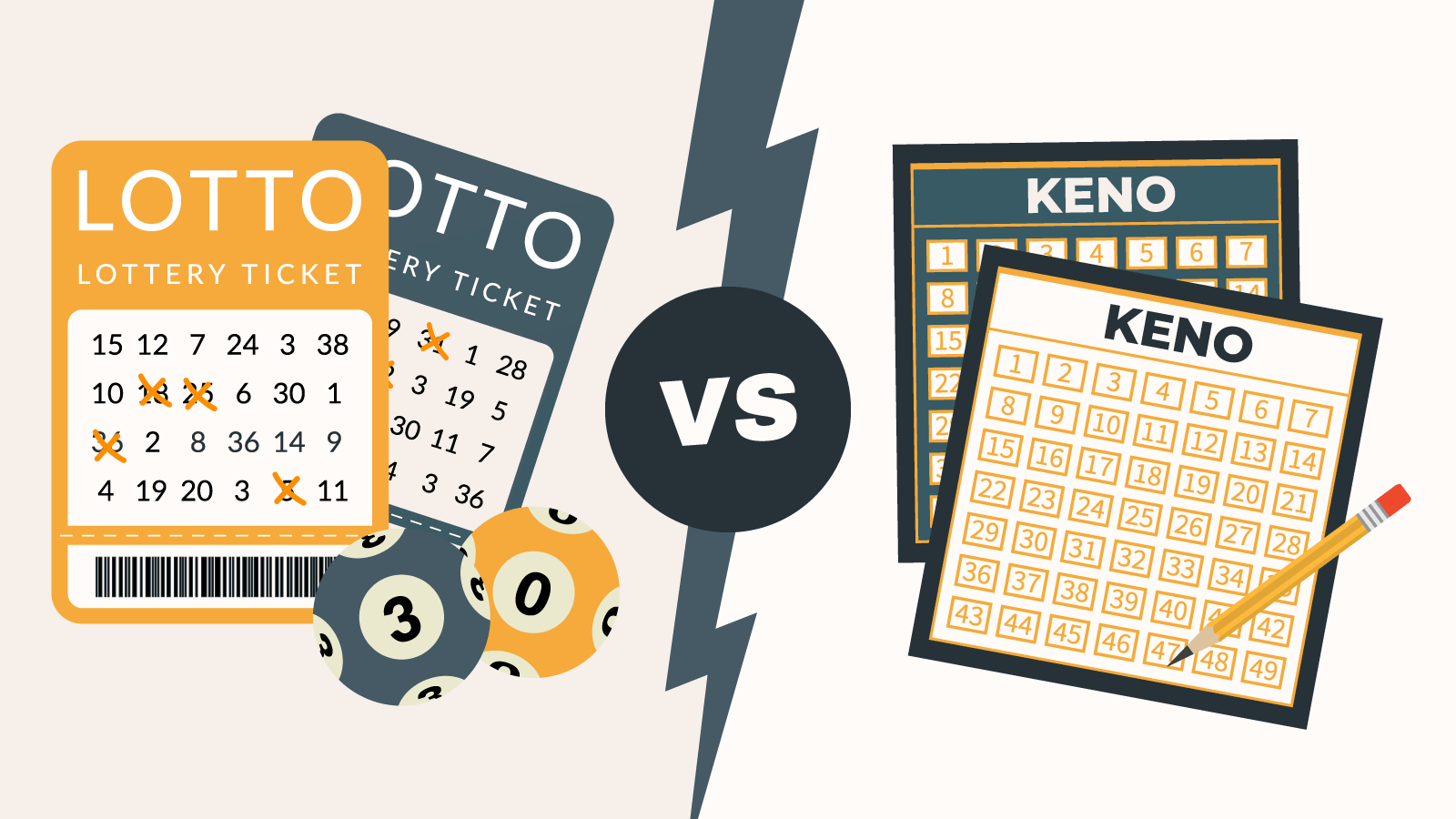
RTP for Keno Based on the Number of Spots
| Number of Spots Chosen | Return to Player Rate |
|---|---|
| One | 50% |
| Two | 60.1% |
| Three | 62.4% |
| Four | 58.2% |
| Five | 67.2% |
| Six | 62.1% |
| Seven | 64.1% |
| Eight | 59.4% |
| Nine | 60.5% |
| Ten | 63.8% |
Compared to the 45% RTP of standard lotteries, keno still performs better, even with the worst bets.
Considering the Chances of Winning the Lottery, Why Do People Play It?
No other gambling activity provides a jackpot prize as large as a national or international lottery game. Surely, your chance for the big jackpot is slim. Still, if you manage to match the drawn numbers, the prize is incomparable. Given the larger time frame for a draw, playing in lotteries is not a very addictive form of gambling. But, returning to the original query, does buying more tickets increase odds in lotto draws, bringing them to an RTP rate comparable to other games? No. For buying multiple lotto tickets to have a visible effect on the outcome, you would need to purchase them in batches of hundreds, thousands, or millions, even.
Additional Tips to Improve Your Lottery Winning Chances
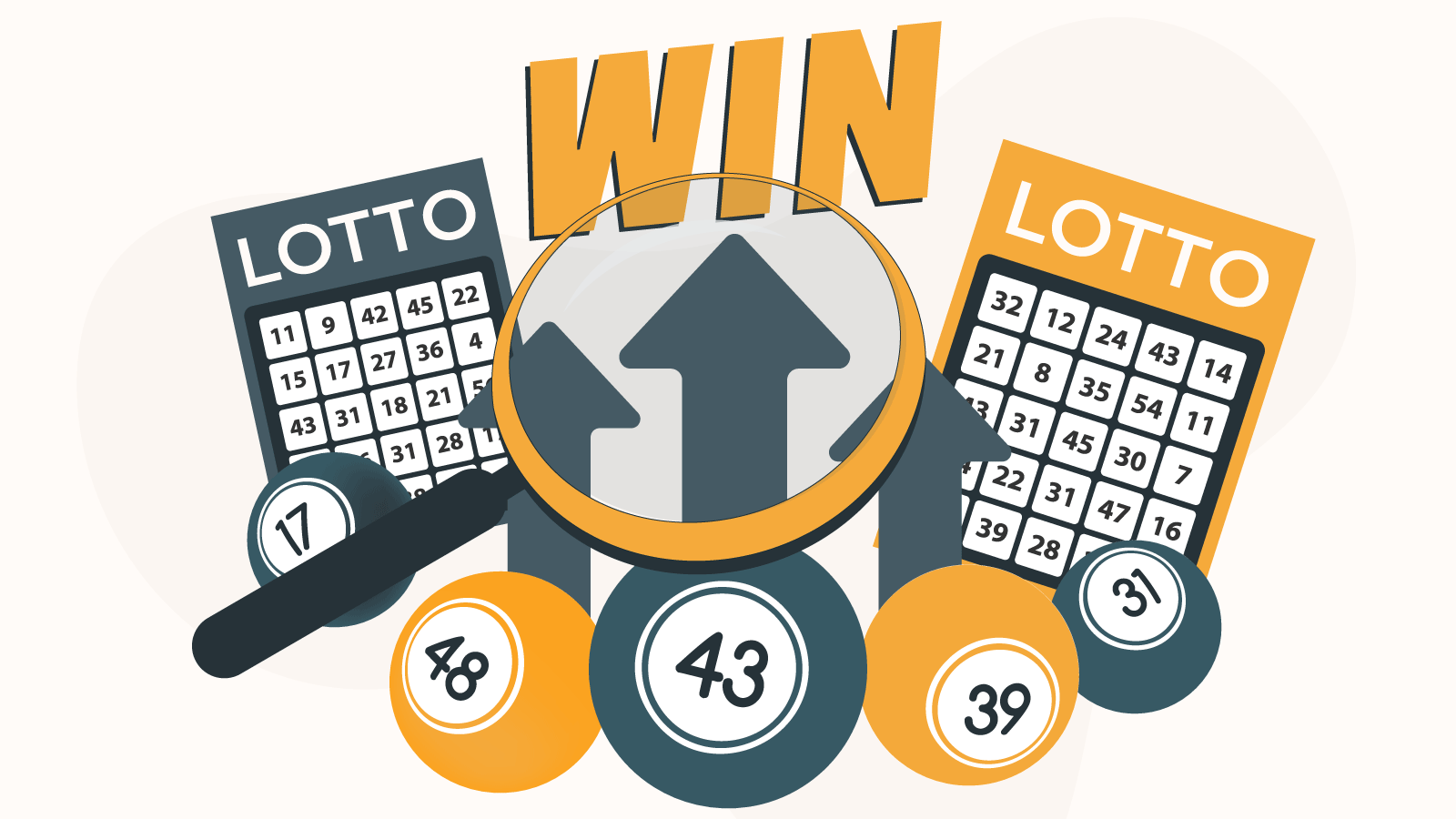
- Choose from the whole board. The probabilities of numbers are evenly distributed.
- Basing your choices on birth dates or notable years also reduces your number range.
- Enter the recurring draw consistently. Play regularly and at a low cost over a longer period.
- However, do manage your funds and learn how to stay in control of gambling.
- Check the statistics of all lotteries that you participate in.
- Choose the option with the best winning chance and not necessarily the biggest prize.
- Several lotteries, such as the US Powerball and Mega Millions, have side bets that add to your game.
- If you are considering buying multiple tickets, choose different number variations.
- Vary your gameplay with other random draw games present on gambling sites.
Leveraging Syndicates: Do Group Bets Enhance Your Lottery Odds?
Lottery syndicates, a collective of players pooling resources to purchase multiple tickets, offer a fascinating twist on the traditional solo lottery play. By banding together, participants effectively spread the cost of buying a greater number of tickets than they might individually afford, ostensibly boosting the group’s overall odds of winning. This communal approach to lottery betting not only increases the chances of winning on paper but also introduces a unique set of financial and legal dynamics. At its core, the appeal of syndicates lies in the simple mathematics of probability: more tickets mean more chances to win. For instance, if a lottery’s odds are 1 in 13,983,816 for a single ticket, buying 100 tickets improves the odds to 100 in 13,983,816. While still slim, the odds are undeniably better. However, it’s crucial to recognize that these improved odds come with the caveat of shared winnings. A jackpot won by a syndicate means the prize is divided among its members, potentially leading to smaller individual payouts than if one had won outright with a single ticket.
- Financially, syndicates democratize the cost of entry into lotteries with daunting odds, allowing individuals to partake in larger, more expensive lotto draws. Yet, this collective betting strategy necessitates clear agreements to prevent disputes over winnings.
- Legally, syndicates should operate under a formal agreement outlining each member’s contribution and share of potential winnings, alongside procedures for ticket purchasing and decision-making. Such agreements mitigate the risk of conflicts and ensure that every participant is protected under a mutual understanding.
Moreover, the legal landscape surrounding lottery syndicates varies by jurisdiction, affecting how winnings are taxed and distributed. In some regions, syndicate winnings are treated differently than individual wins, prompting the need for careful financial planning and legal advice to navigate potential tax implications efficiently.
Clearing Up Myths and Misconceptions About Lottery Odds
CasinoAlpha’s Expert View to Understanding Lottery Odds
Here at CasinoAlpha, we’ve delved deep into the world of lottery odds to bring you the facts. Our findings? While purchasing more tickets can slightly boost your chances of winning, the increase is often minimal. Lotteries are exciting and can offer life-changing prizes, but it’s important to play responsibly. Remember, the thrill of the game is in the experience, not just the outcome.







